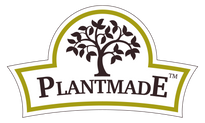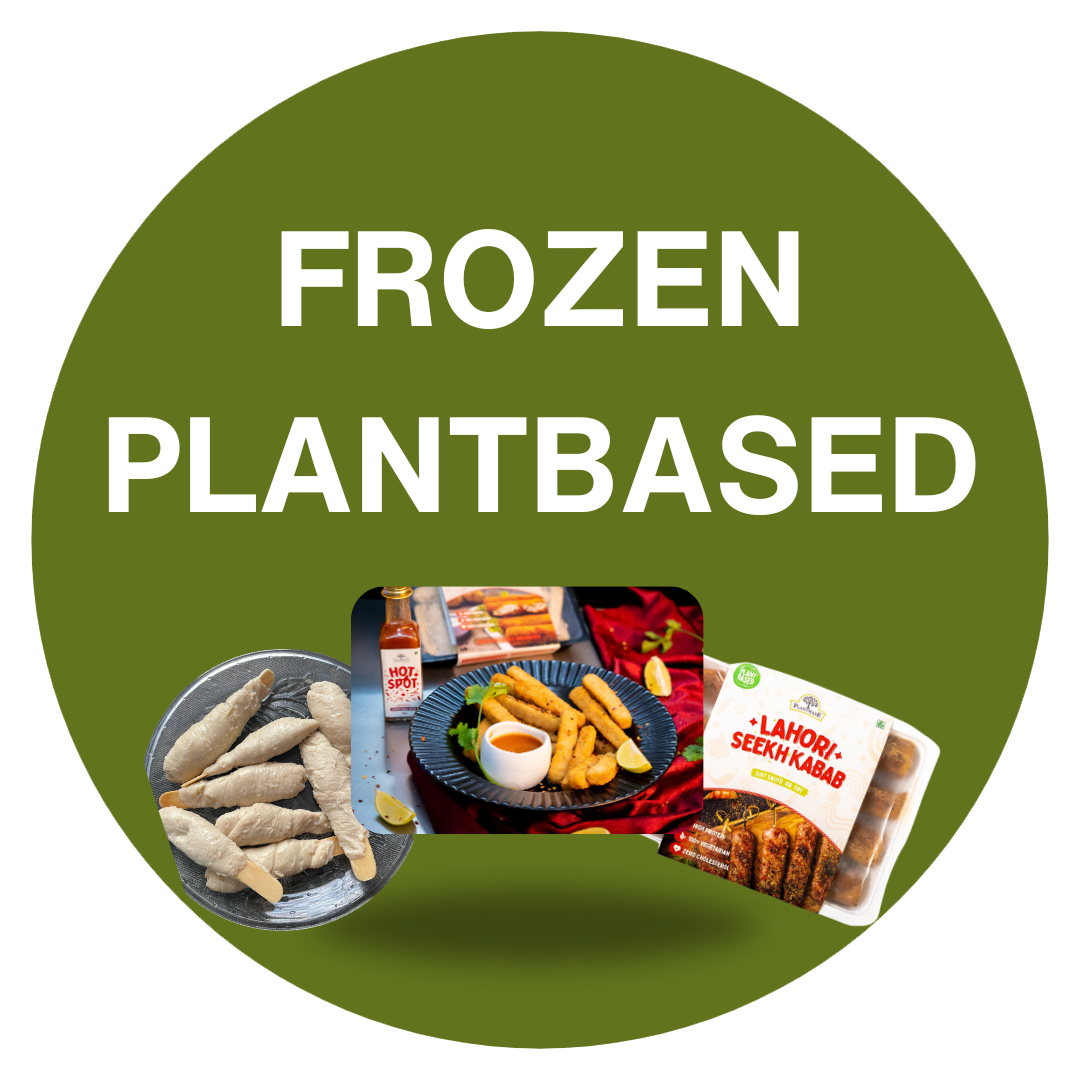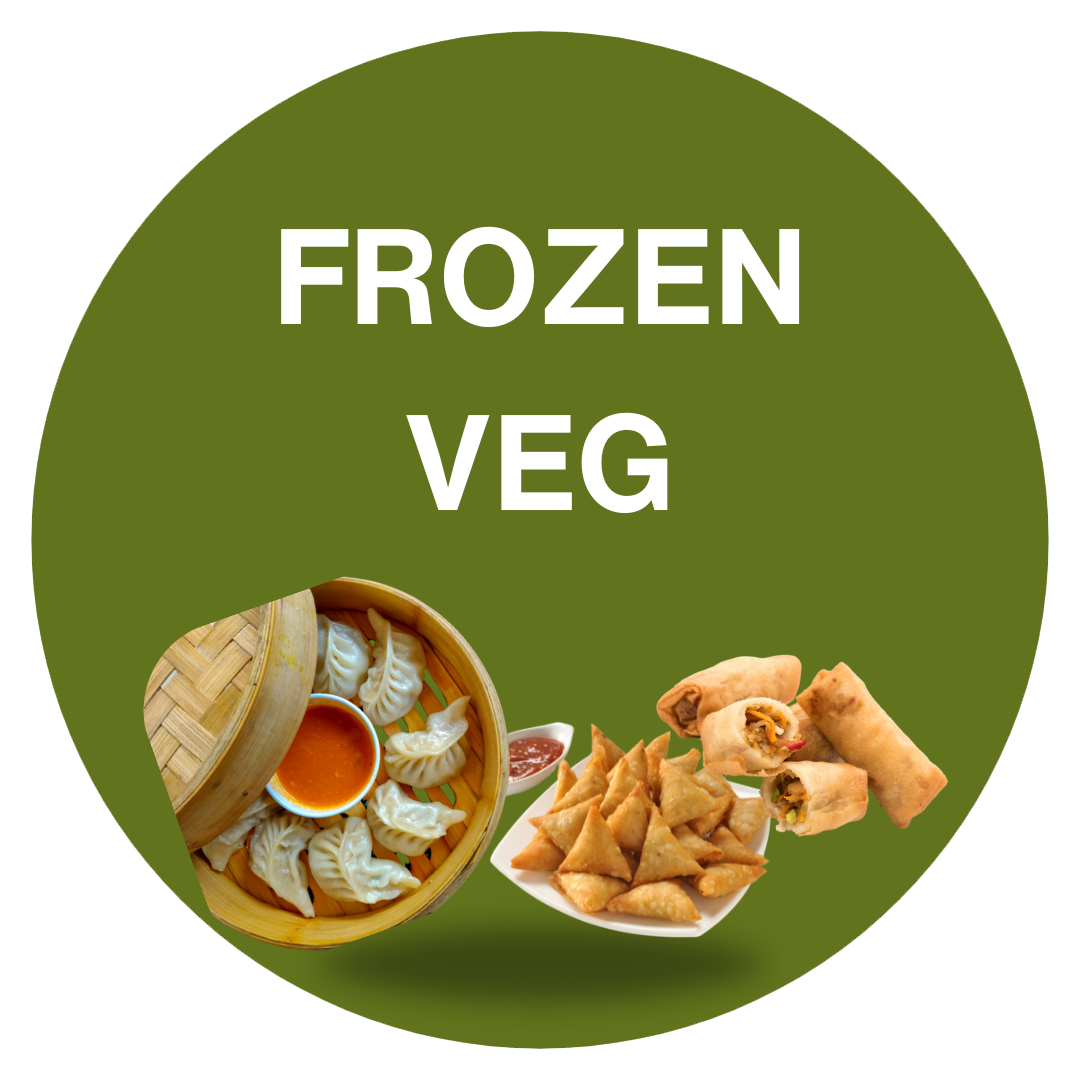Probiotic foods are foods that have bacterial and sometimes yeast cultures that are living. What makes these bacteria healthy and not harmful is that almost from the dawn of human civilization we have fermented foods as a way of preserving and making foods safe and sometimes more palatable for us. What happens is that the bacteria through their metabolism produce acid and/or alcohol, which makes it uninhabitable for pathogenic (bad) microbes. So, we have coevolved with these microbes. What’s the need to eat these foods, if these friendly microbes are already in our guts? Like the cells in our body which die at a high rate and are continuously replaced by new ones, the bacteria also die off, but sometimes they are not able to reproduce at an optimum rate. The reason is that our diet today is full of heavily processed foods and simple carbohydrates. Many of the bacteria in our guts need complex carbohydrates (dietary fiber) to survive. Fruits, vegetables, grains and legumes are the only significant sources of dietary fiber which is why we should also eat such foods, known as Prebiotic foods.
Below are some popular vegan probiotic foods:
1. Homemade/ unpasteurized Pickles

Grandma’s pickles are more than just a party in your mouth. They’re a party in your gut too. What’s more is that the vegetable or the fruit serves as a prebiotic for the partiers too. They also contain spices which are antimicrobial (for germs) and vitamins and minerals from the fruits and vegetables. Pickles were originally for preserving surplus produce.
2. Vegan Dairy substitutes

Vegan dairy products like yoghurt, cheese may either be fermented or fortified with pro- and prebiotics. The fermented ones are not only healthier, but also should be tastier.
3. Kaanji

A personal favourite of mine, the Indian Bloody Mary is made from violet carrots which are the most ancient variety of carrots, salt, pepper and mustard seeds. Not only is it wildly refreshing, it’s also chock-full of goodies like soluble fiber, complex carbs and antioxidants (anthocyanins).
4. Kimchi

It’s not easy to think of a better use for cabbage than Kimchi, be it the taste or the nutritional value. It may just be the most nutrient dense cabbage based dish when it comes to vitamins, minerals and antioxidants. Besides, Korean food is really close to what we as Indians like as spicy, sweet and sour Asian food.
5. Olives

Olives have to be fermented in order to be edible. Otherwise they are very very bitter and the flesh is quite tough. Both green and black olives are fermented, the difference being that the green ones are somewhat unripe at the time of harvesting, while the black are ripe. In addition to being probiotic, they are rich in antioxidants and good fat.
6. Kombucha

Kombucha is a fermented drink made from black or green tea and a sugar source. To tea, sugar and (optional) spices and/or flowers are added along with a SCOBY (Symbiotic Colony of Bacteria and Yeast) films. A significant part of the bacterial population is lactic acid bacteria that are known to be beneficial for gut health. Kombucha is healthy so long as the amount of sugar added is not too much.
Author: Manav Dhingra




